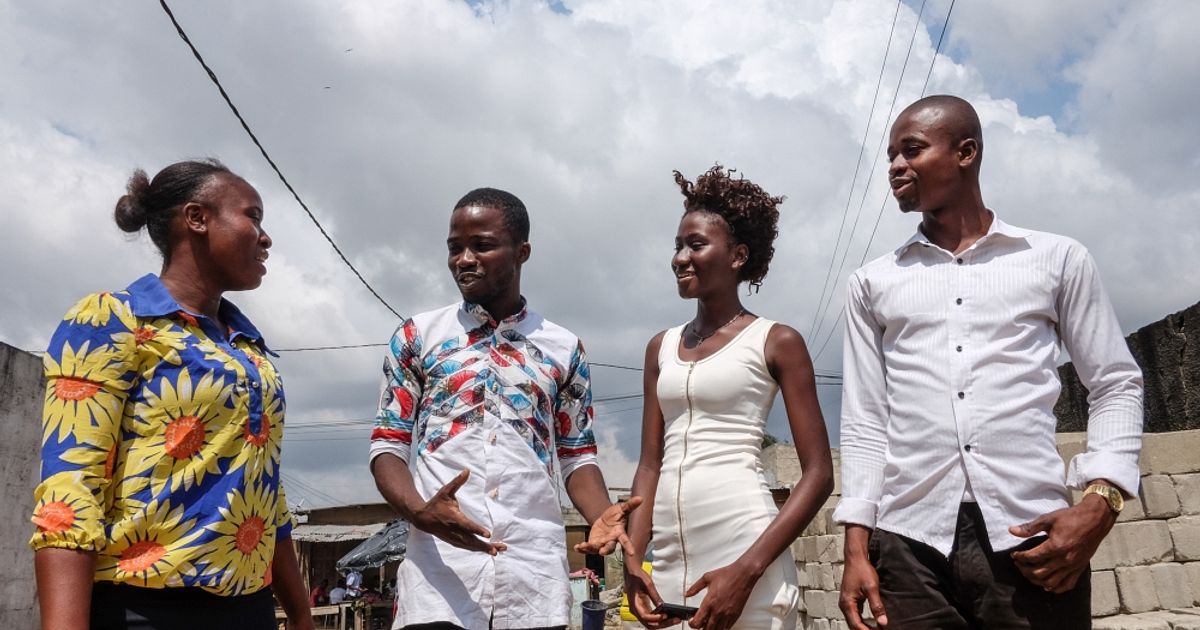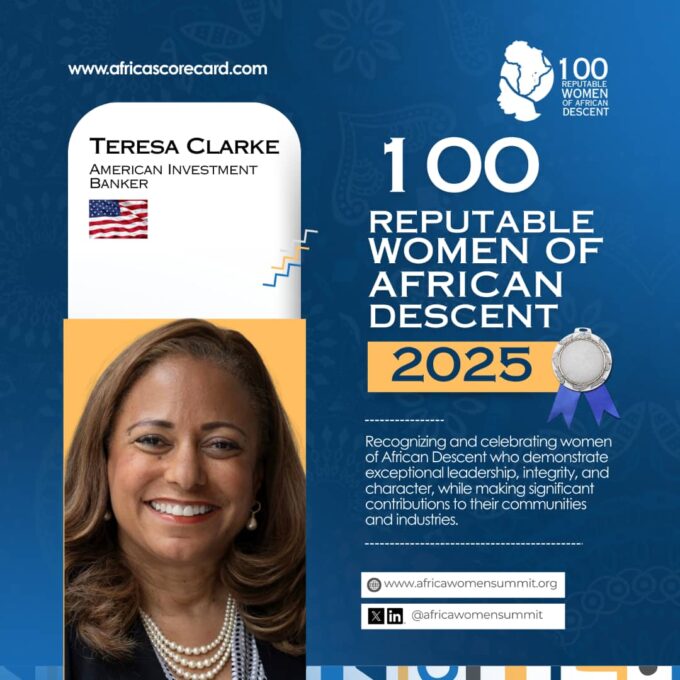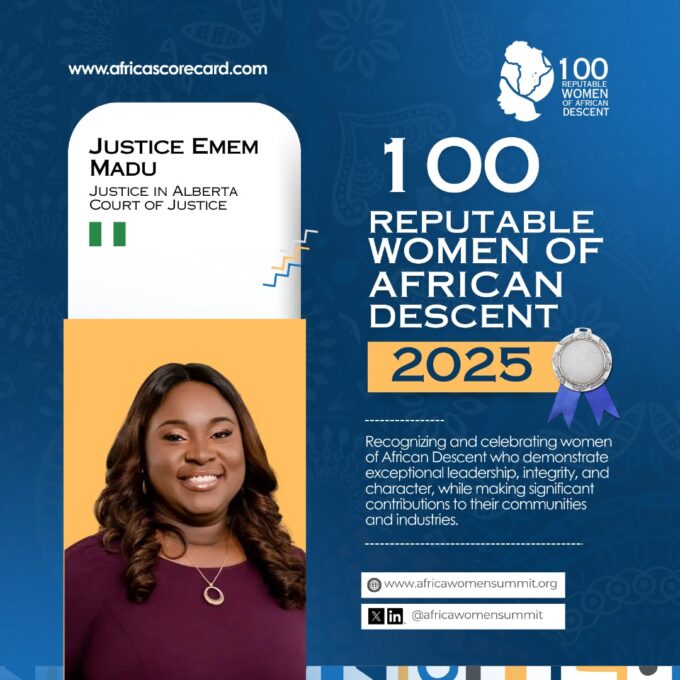Côte d’Ivoire has been recognized as the leading African nation in promoting gender equality, according to the 2023 Social Institutions and Gender Index (SIGI) report by the Organization for Economic Co-operation and Development (OECD). The West African country achieved a score of 17.3, surpassing notable regional peers such as Rwanda and South Africa and even outperforming Canada, which scored 17.5. This achievement is attributed to a series of progressive legal reforms aimed at promoting women’s rights, economic empowerment, and combating gender-based violence (GBV). However, the celebration has sparked controversy among feminist activists and organizations within the country, who argue that the legal frameworks are not being sufficiently enforced on the ground.
The announcement of Côte d’Ivoire’s success was met with public praise from Prime Minister Robert Beugré Mambé during a ceremony held in Abidjan on September 13, 2024. The Prime Minister credited the country’s advancements to the implementation of several laws and policies designed to empower women and protect them from discrimination and violence. These reforms include economic empowerment initiatives, as well as laws addressing domestic violence, rape, and other forms of GBV. “We are entering the elite top 55 countries worldwide,” Mambé proudly stated.
The SIGI report assesses countries based on four key criteria: discrimination within the family, access to financial resources, violations of physical integrity, and restrictions on civil liberties. Côte d’Ivoire’s recent reforms—such as the 2019 family code update that granted women equal parental rights and set a legal minimum age for marriage—were pivotal in raising its score. Other measures, including the establishment of gender-specific complaint desks in police stations and the introduction of a 30% gender quota for elected assemblies, have contributed to the country’s improved standing.
Despite these advancements, many local feminist organizations argue that the report paints an overly optimistic picture. They contend that the legal strides are not being matched by effective implementation or changes in cultural norms. One such organization, the Ligue Ivoirienne des Droits de la Femme, pointed to the alarming increase in femicides as evidence of this gap. Just days before the OECD announcement, the dismembered body of 19-year-old influencer Emmanuella Y. was discovered in Abidjan, marking the fourth feminicide in the city that month. Activists argue that Côte d’Ivoire’s high ranking does not account for the lack of enforcement of existing laws or the pervasive culture of impunity surrounding gender-based violence.
Bénédicte Otokoré, deputy secretary general of the Ligue Ivoirienne des Droits de la Femme, expressed her frustration, stating, “Good laws have been passed to protect women, but ignorance of these laws feeds a sense of impunity. Femicides continue unabated, and sexist rhetoric is becoming normalized.” She also pointed out that femicide is not officially recognized as a category of GBV in the country, which means that there are no comprehensive statistics tracking these incidents. This, she believes, leads to a distorted assessment of the country’s progress in tackling violence against women.
In response to the growing crisis, activists are calling for judicial reforms to ensure harsher penalties for perpetrators of GBV and for greater awareness efforts to shift cultural attitudes toward women’s rights. Lawyer Ferela Soro of the Organisation pour la Réflexion et l’Action Féministe (ORAF) emphasized the need for stronger enforcement of existing laws, coupled with broader educational campaigns. “As long as we don’t step up efforts to raise awareness and enforce sanctions, the culture of violence against women will persist,” she said, citing the ongoing issue of genital mutilation, which affects 37% of Ivorian women despite being outlawed since 1988.
While the OECD supports Côte d’Ivoire’s gender equality strategy, it has also urged the country to intensify its efforts to combat GBV and promote reproductive autonomy. For Côte d’Ivoire to fully realize its ambitions of eliminating discrimination and violence against women by 2030, the effective application of its legal frameworks will be crucial. The country’s journey toward achieving true gender equality remains ongoing, and much work lies ahead.














Leave a comment